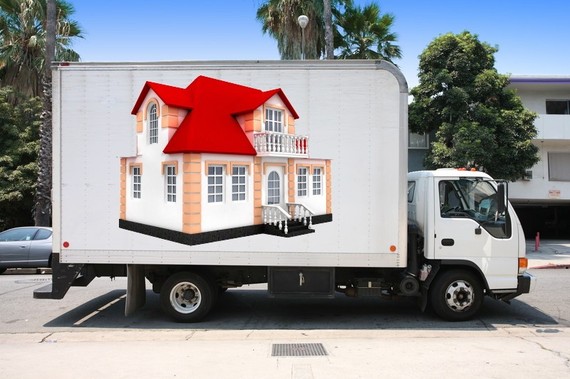Let's start out by getting on the same page; real estate is local and markets have their own unique characteristics and cycles. However, generally this discussion applies almost everywhere, as it's about basic due diligence.
We're hearing a lot about the housing market improving. Home prices are rising in a lot of places, significantly in many. There are reasons why it isn't a broad recovery. There is still little involvement of first time buyers, a major force in previous years. Many would-be first time buyers are still living at home with parents while they pay off student debt and build down payments. They're also concerned about employment.
Aging homeowners aren't selling and downsizing or moving for retirement as much as in the past. Those children still in the home are one factor. They aren't seeing the availability of affordable replacement housing, as construction of single family homes is still down from historic levels. Some are waiting while their homes appreciate in value. All of these factors combine to reduce inventory, so prices are rising on less available housing for sale.
Higher Prices Challenge Wholesalers
There's always going to be opportunity for wholesaling real estate. The question isn't whether it's possible in a particular market cycle or area. The question is whether you have the due diligence, marketing and negotiation skills to create a profit for you between seller and buyer. There will always be buyers, usually rental property investors, who do not want to take on these tasks or they don't have the skills. They want a ready-to-rent property at a price discounted a little to current market value. Some may pay full value, but it will need to be a great cash flow generator.
The successful wholesaler understands the value they bring to the transaction and buyer. Their profit is payment for that value and their skills. So, start at the tail end and get buyers for your list who want rental homes but don't necessarily want to do all of the due diligence and seller negotiation tasks. They just want to buy a home that's ready to rent at a good price that will generate good rental cash flow. These are the best buyers, as they are wanting your skills and will pay for them ... to a point.
Due Diligence
First, you need to locate suitable properties in areas of interest to your buyers. You'll need to market to reach owners and be aggressive in locating foreclosures earlier than the competition.
Knowing your buyers, what they want and what they're willing to pay is first. There is no sense in wasting your time and effort in researching properties they'll turn down. Once you have a good profile on your buyers, find homes that fit the bill if the numbers work.
Now you put your negotiation skills to work and use those valuation calculations to see if you can pull the numbers together to give your buyer an acceptable cash flow at or below current market value. Oh, and your profit has to be in there as well. Higher prices apply to everyone, including your competitors. If your buyers want a rental home without doing the work to find it and evaluate it, then you are delivering value. It's just a matter of getting the numbers to give you room in the middle.

